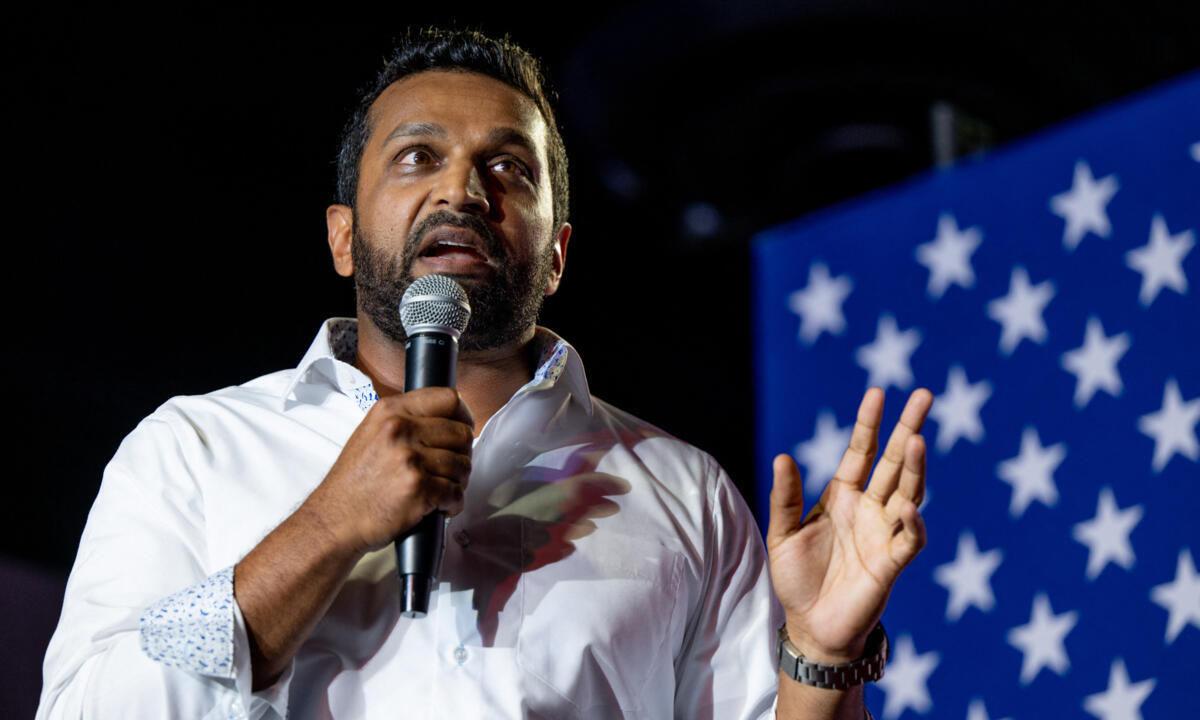Photo Credit: Getty Images
In a controversial and calculated political maneuver, President-elect Donald Trump has announced his intention to nominate Kash Patel as the new FBI Director, signaling a potential dramatic transformation of the agency's leadership and operational philosophy.
Patel, a former national security aide and defense department chief of staff during Trump's first administration, represents a bold departure from traditional FBI leadership. A son of Indian immigrants and self-proclaimed "America First" advocate, Patel has consistently challenged the intelligence community's existing structures, promising a comprehensive overhaul of the Bureau's operations.
Trump's selection stems from a complex backdrop of institutional tension. The current FBI Director, Christopher Wray, who was originally appointed by Trump in 2017, has fallen out of favor. The agency's involvement in investigations surrounding Trump's handling of classified documents has created a significant rift, setting the stage for potential leadership changes.
Patel's background is notably unconventional. A former defense lawyer and federal prosecutor, he gained prominence as a senior counsel to the House Intelligence Committee in 2017. His political narrative frequently emphasizes exposing what he calls "government tyranny" and challenging what he describes as the "deep state" bureaucracy.
The nomination signals Trump's commitment to installing loyalists in critical government positions. Patel has been vocal about dramatically limiting the FBI's authority and has proposed radical restructuring, including potential dismissal of top-ranking officials. His memoir, "Government Gangsters," outlines his critical perspective on existing governmental institutions.
Alongside the FBI Director nomination, Trump also announced Sheriff Chad Chronister as the proposed DEA Administrator. Chronister, with 32 years of law enforcement experience in Florida, complements Trump's strategic approach to reshaping federal law enforcement leadership.
The nominations represent more than personnel changes; they reflect a broader political strategy of installing individuals who align closely with Trump's vision of institutional reform. Both Patel and Chronister have demonstrated unwavering support for Trump's political agenda.
The potential confirmation faces significant challenges. The Senate must approve these nominations, which promises to be a contentious process. Critics argue that Patel lacks the traditional qualifications for such a sensitive leadership role, with former Attorney General William Barr previously expressing strong reservations about his potential appointment.
The selections of Patel and Chronister suggest a deliberate effort to reshape institutional cultures and prioritize loyalty alongside professional competence.
The coming months will reveal whether these nominations represent meaningful reform or political consolidation of power within critical national security institutions.


